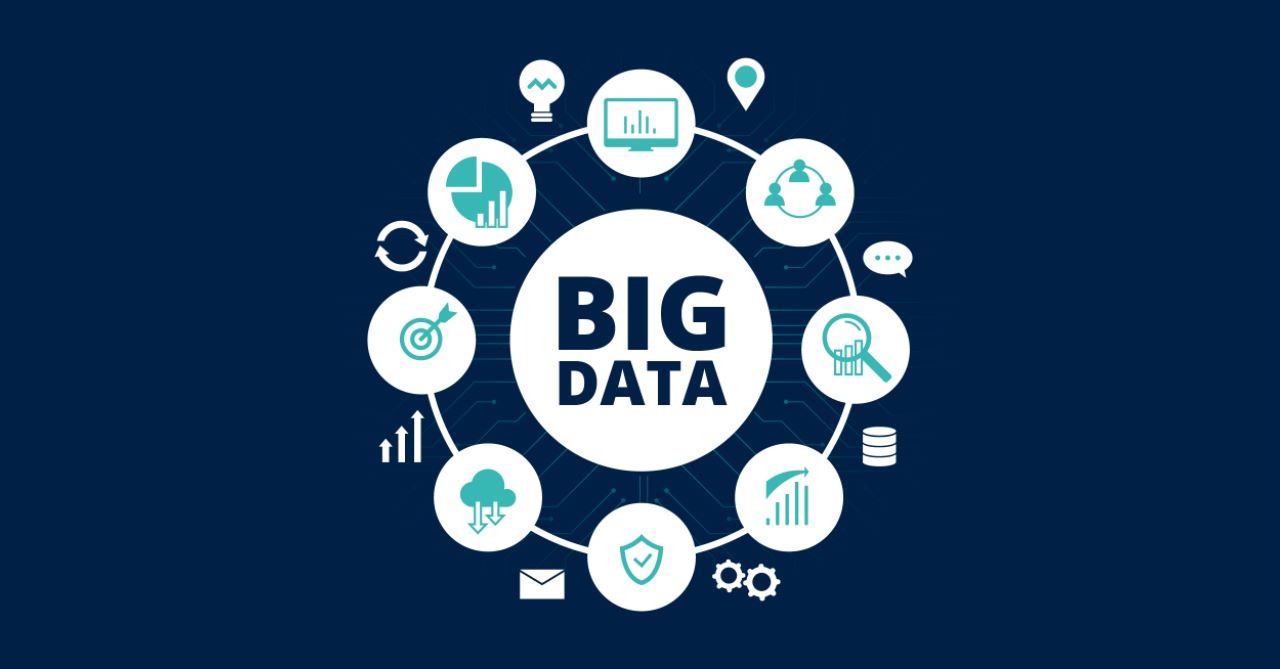
Big data has been a hot topic in the finance and IT spheres for some time now. With all of the funds flowing into the big data market, it is not hard to see why. More often than not, big data is used as a tool for ascertaining patterns that may lead to more efficient methods of business operations and insight into certain phenomena that would otherwise be invisible to those without access to such powerful tools.
However, it is becoming more and more apparent that big data has the potential to revolutionize the financial world in ways that far exceed anything even the most visionary of thinkers would have predicted. While there are many companies out there working to implement this technology into their business models (and in some cases, they are fully doing so), there is a segment of the population that is firmly against this trend, declaring it both immoral and detrimental to society as hacking!
What’s big data?
We’ve all heard of terms like “Big Pharma” and “Big Oil,” which refer to industry behemoths, so it might come as a surprise to learn that “Big Data” is not the same thing. There is no monopoly formed by a small number of massive organizations that effectively controls all data at the time of writing. The Big Tech firms of Google, Facebook, Amazon, Microsoft, and Apple, on the other hand, all have enough customers and data sources to make that transition fairly easily.
Until then, Big Data is exactly what it sounds like: a lot of data. Customer profiles, transaction records, website and app traffic, and so on are examples of fintech data. With larger companies, the sheer volume of data makes it much more difficult to process, making it nearly impossible to draw useful conclusions using traditional data handling methods. Big Data can provide significant benefits if it is handled properly. Buying habits could be identified at all levels, from the broadest customer segment to individual customers. In addition, you could detect consistent errors, failures, and inefficiencies in a matter of seconds. You may even be able to detect errors that have been deliberately triggered, such as those caused by people attempting to defraud your system. It simply requires proper handling.
The Future of Big Data in Fintech
These are bold claims, so what exactly is all the fuss about? For starters, big data essentially works in much the same way as traditional data sorting. Those who are familiar with it know that it relies on the program running through a vast amount of data, identifying patterns, and cross-referencing them against information stored on a wide array of sources, resulting in much more accurate predictions than would otherwise be made. If big data is used for this purpose, there is no harm done. It is a powerful tool for making predictions about the future, but it can be used for much more than this.
In fact, the potential uses of big data in fintech are virtually endless. Through this technology, companies can implement new ways of doing business. They can become more efficient by using their resources more wisely and predicting trends that have not yet been identified by anyone else. To make it even better, they can implement new methods through the use of big data. Firms operating in this area can predict the future simply by looking at the trends that have already been identified and act accordingly.
In fact, big data is so valuable that many companies are going to great lengths to get their hands on it. Big data firms are making enormous amounts of money every year by using their services, and some of these firms are even starting to pay exorbitant amounts of money for access to certain segments of society who may be able to assist them with certain aspects of their operations or business models.
Conclusion
Big data is undoubtedly a powerful tool for fintech companies. More often than not, it is used to help improve the efficiency with which businesses operate and make predictions about the future based on analysis of past trends. There are some detractors out there who simply don’t believe that this technology has any place in our societies; however, can easily see how it could evolve into something even more innovative.
To sum it up, big data will play a much bigger role in fintech than most people think. It could very well be used to improve product development and distribution, as well as be used to create new ways of doing business that was otherwise unscientific or inefficient before.
